Critical Role of HR Due Diligence in Business Transactions
Introduction
In the intricate dance of mergers, acquisitions, or any form of business transaction, due diligence is a term that often surfaces with paramount importance. While financial audits and legal reviews are well understood in this context, HR due diligence is an area that deserves equal, if not more, attention but is frequently overlooked. However, understanding the human capital aspect can significantly influence the success of a transaction, making HR due diligence a crucial pillar in the decision-making process.
Why is HR Due Diligence Important?
Identifying Liabilities: HR due diligence helps uncover potential liabilities related to employment, such as unresolved disputes, compliance issues with labor laws, pending litigations, or unseen financial obligations in terms of benefits, pensions, or severance packages.
Understanding Cultural Fit: Beyond the numbers, the success of a merger or acquisition is deeply rooted in the cultural compatibility of the merging entities. HR due diligence provides insights into company culture, leadership styles, employee morale, and engagement levels, which are critical for a smooth integration post-transaction.
Assessing Talent and Leadership: A thorough review of the talent pool, leadership capabilities, and organizational structure is vital. It helps in identifying key players, talent gaps, and the overall strength of the workforce, which are essential for the strategic planning of the combined entity.
Valuing Human Capital: Employees are often the most valuable assets of a company. HR due diligence puts a spotlight on the workforce's skills, competencies, and productivity, providing a clearer picture of the company's true value.
Compliance and Risk Management: Ensuring that the target company adheres to employment laws and regulations is crucial to avoid future legal complications. This process involves reviewing employee contracts, benefit plans, compliance with wage and hour laws, health and safety standards, and data protection policies.
What Does HR Due Diligence Include?
Employee Records Review: Analyzing employment contracts, compensation structures, benefit plans, and employee demographics to identify any inconsistencies or potential issues.
Cultural Assessment: Evaluating company culture, employee satisfaction, and engagement levels through surveys, interviews, and reviews of past employee feedback.
Leadership and Talent Evaluation: Assessing the skills, experience, and performance of the leadership team and workforce to determine the alignment with future strategic goals.
Legal Compliance Check: Verifying adherence to labor laws, reviewing past and current litigations, and ensuring compliance with workplace safety, discrimination, and harassment policies.
Financial Obligations Analysis: Understanding all financial commitments related to employees, including salaries, bonuses, benefits, and any severance liabilities.
Conclusion
In conclusion, HR due diligence is not just a checklist item during a business transaction but a strategic exercise that provides a holistic view of the organizational dynamics at play. It informs the valuation, highlights potential risks, and lays the groundwork for a successful integration strategy, ultimately influencing the long-term success of the transaction and the future entity's growth trajectory. By prioritizing human capital in due diligence, businesses can make informed decisions that align with their strategic objectives and cultural ethos, paving the way for a seamless transition and sustained success.

